
On a per-capita basis, a hospital serving a predominately Black, racially segregated community was 26% less likely to adopt stroke certification of any level than a hospital in a predominately non-Black, racially segregated community.

On a per-capita basis, a hospital serving a predominately Black, racially segregated community was 26% less likely to adopt stroke certification of any level than a hospital in a predominately non-Black, racially segregated community.

The director of the Montefiore Headache Center provided commentary on how analyses presented at AHS 2022 further support the benefits intranasal zavagepant bring to the migraine treatment landscape. [WATCH TIME: 5 minutes]

Here's what is coming soon to NeurologyLive®.

Of the patients with drug-resistant epilepsy in the cohort, 54% had status epilepticus during their acute admission, and 2 of 3 patients with NORSE ended up developing drug-resistant epilepsy at 12 months.

The director of the Montefiore Headache Center provided insight on an open-label study presented at AHS 2022 that highlighted rimegepant’s (Nurtec ODT; Biohaven) impact both as a preventative and acute medication. [WATCH TIME: 5 minutes]

Test your neurology knowledge with NeurologyLive®'s weekly quiz series, featuring questions on a variety of clinical and historical neurology topics. This week's topic is stroke and cerebrovascular disease.

After 3 instances of clinically significant, transient hypotension—which resolved after treatment halt—recruitment for the trial of the investigational recombinant KLK1 tissue protein has been paused.

The net clinical benefit with ticagrelor and aspirin over clopidogrel and aspirin treatment may be predominant in the first week, with additional small benefit in the second and third weeks for those with minor ischemic stroke or transient ischemic attack.
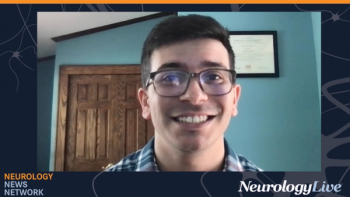
Neurology News Network for the week ending July 9, 2022. [WATCH TIME: 4 minutes]

Those with the common thyroid disorder displayed a more than 80% increased risk of dementia, with a more than 3-fold increase in the risk among those requiring hormone replacement therapy.

Take 5 minutes to catch up on NeurologyLive®'s highlights from the week ending July 8, 2022.

In addition to meeting primary end point of change in North Star Ambulatory Assessment, treatment with SRP-9001 resulted in statistically significant improvements in timed function tests.
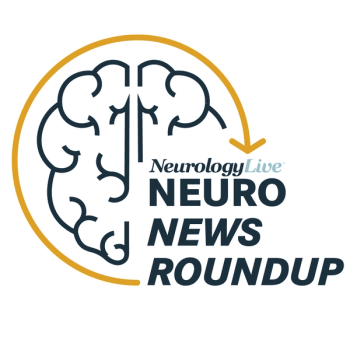
Get caught up on some of the latest news in movement disorders, with data updates and expert insights, all in one place from the NeurologyLive® team.

Ruth Benca, MD, PhD, a professor and the chair of Psychiatry & Human Behavior at Wake Forest School of Medicine, provided insight on the age- and sex-related differences in sleep disorders, and the needed research on the effects of therapeutics in older populations.
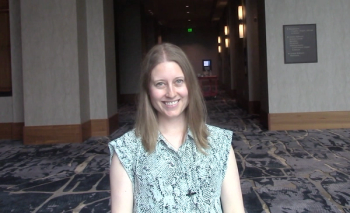
The pediatric neurologist and headache specialist at the University of Calgary and Alberta Children’s Hospital spoke about the need for improved funding and research efforts for the migraine population. [WATCH TIME: 5 minutes]
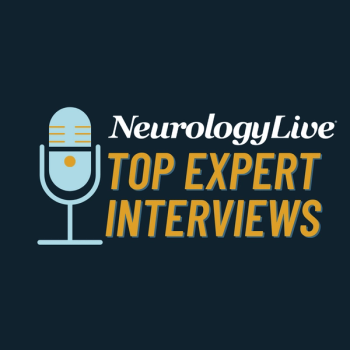
Expert clinicians offer their insight on the sleep disorder landscape, the state of mental health in pediatric migraine, an inaugural movement disorders congress, a novel stroke rehabilitation tool, and psychedelics in cluster headache.
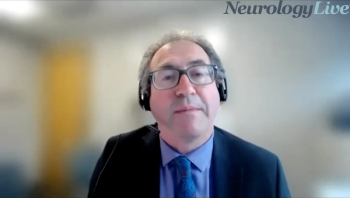
The director of the Mayo Clinic Center for Multiple Sclerosis and Autoimmune Neurology provided insight on a unique way the institution cares for patients who present with an inflammatory or autoimmune entity. [WATCH TIME: 5 minutes]

In addition to filing under the accelerated approval pathway, Eisai will submit for a traditional approval of lecenamab before the end of the first quarter of 2023, seeking an indication for mild cognitive impairment because of Alzheimer disease.
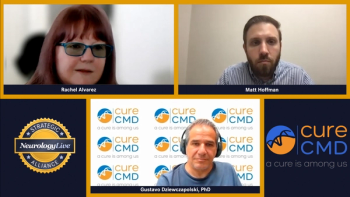
Rachel Alvarez and Gustavo Dziewczapolski, PhD, of Cure CMD spoke about the benefits of attending the biennial Scientific & Family Conference to learn more about congenital muscle diseases and interact with the patient community.
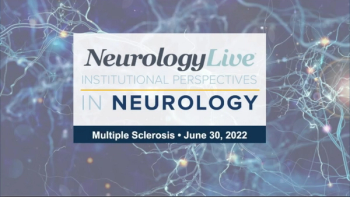
Chaired by Stephen Krieger, MD, the presentations also feature Mount Sinai experts Erin Beck, MD, PhD; James Sumowski, PhD; and Ilana Katz Sand, MD. [WATCH TIME: 1 hour, 34 minutes]

In the original panel discussion, held in March 2022, the majority of members of the committee voted that AMX0035 did not fully demonstrate sufficient efficacy as a treatment for ALS.
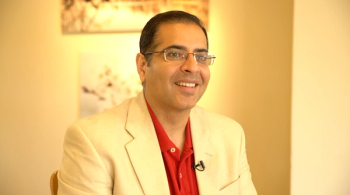
The assistant professor of neurology and codirector of the Neurology Residency Program at MedStar Georgetown University Hospital and presenter at ATMRD offered his insight into the benefits of multispecialty meetings. [WATCH TIME: 1 minute]

The chair of Cleveland Clinic’s Department of Physical Medicine discussed a new rehabilitative approach using a robotic exoskeleton to improve fatigue and gait in patients with multiple sclerosis.

All 12 of the children met diagnostic criteria for multiple sclerosis and were seropositive for MOG-IgG at baseline experienced a disease course different than typical MS through the observed time.
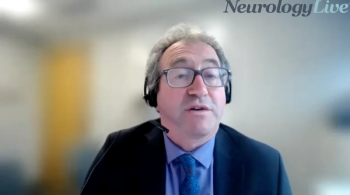
The director of the Mayo Clinic Center for Multiple Sclerosis and Autoimmune Neurology discussed the complexities in diagnosing autoimmune encephalitis and the approach needed to be taken. [WATCH TIME: 5 minutes]

Alectos to receive a $15 million upfront payment from Biogen and is eligible to receive upward of $630 million pending the success of the collaboration and achieving future milestones for the investigational PD treatment.

The senior vice president for research and training at the Kessler Foundation discussed the assessment of cognitive challenges among patients with multiple sclerosis and planning for treatment options when necessary. [WATCH TIME: 4 minutes]

Catch up on any of the neurology news headlines you may have missed over the course of the last month, compiled all into one place by the NeurologyLive® team.

Here's what is coming soon to NeurologyLive®.

Using a large-scale bank of participants, investigators found an association between Alzheimer disease polygenetic risk score and depression, which was not explained by presence of APOE ε4 allele.